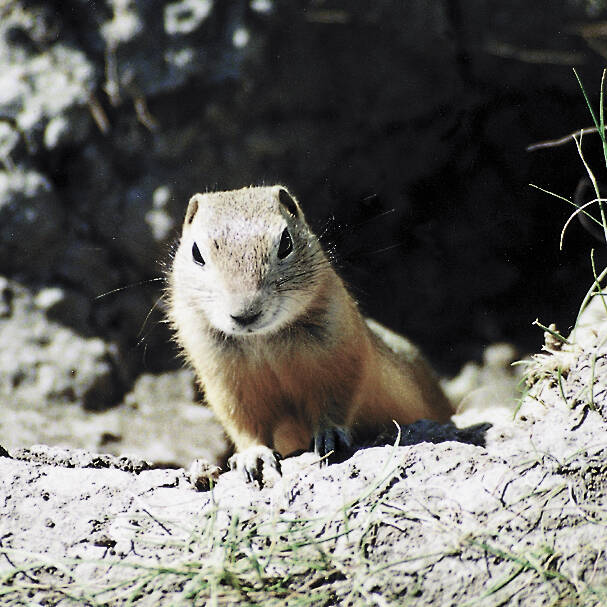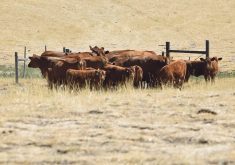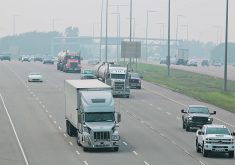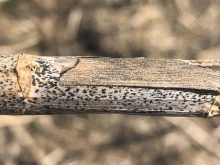Canada has joined an international network devoted to helping farmers reduce greenhouse gas emissions.
The group called the Gl obal Research Alliance on Agricultural Greenhouse Gases will collaborate on research and exchange information on mitigating greenhouse gases from agricultural activity.
Besides Canada, the alliance includes the United States, New Zealand, Australia, Chile, Denmark, France, Germany, Ghana, Ireland, Japan, the United Kingdom, Sweden, Switzerland, Uruguay and Vietnam.
Agriculture and Agri-Food Canada has promised to invest up to $27 million toward the group’s work.
Read Also

‘Devastating’: PMRA blocks Alberta’s joint emergency strychnine bid
Agency rules proposed mitigation measures insufficient to lower environmental risk, despite growing Richardson’s ground squirrel population.
The alliance was announced during the United Nations Climate Change Conference in Copenhagen last month.
It is one of the few tangibles to come out of the conference, which ended with a vague non-binding agreement to lower greenhouse gas emissions, but without actual reduction targets.
Areas of research for the 16-member alliance include: livestock emissions management, carbon sequestration and intensive irrigated cropping systems.
Ian Wishart, president of Manitoba’s Keystone Agricultural Producers, said the research will produce protocols for measuring reductions and trading carbon offsets, something agriculture badly needs.
There’s a general recognition that agriculture can play an important role in greenhouse gas reduction. But there isn’t a formal structure enabling farmers to do it and receive financial benefits for it, said Wishart.
“Maybe we can exchange some information. Maybe we can work together and get to where we need to be in the process.”
The Canadian Federation of Agriculture welcomed the alliance, saying mitigation options for agriculture at present are few, hard to implement and often only temporary.
“It is important to remember that climate security is equal to food security,” said Don McCabe, CFA’s environment and science co-chair and an Ontario corn and soybean farmer, in a statement.
“Decisions on climate change in 2009 can ensure we have food security in 2050. But only if the unique challenges and opportunities we face in agriculture are recognized.”














